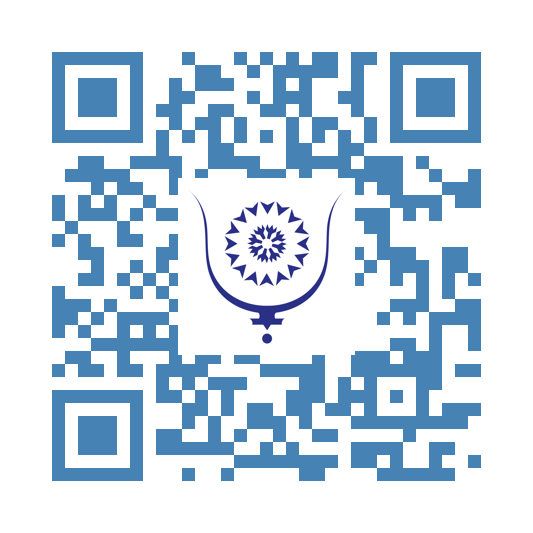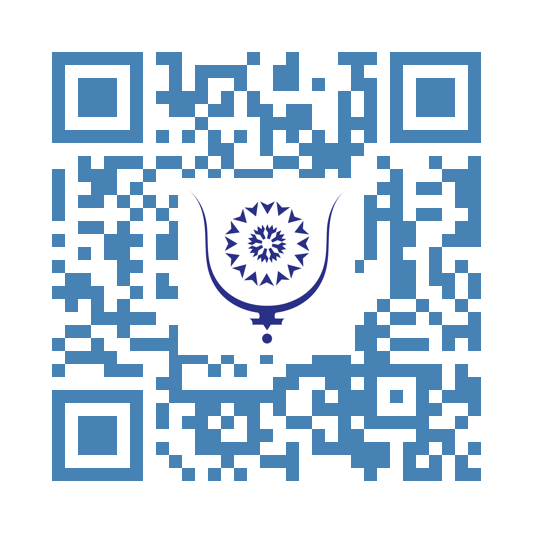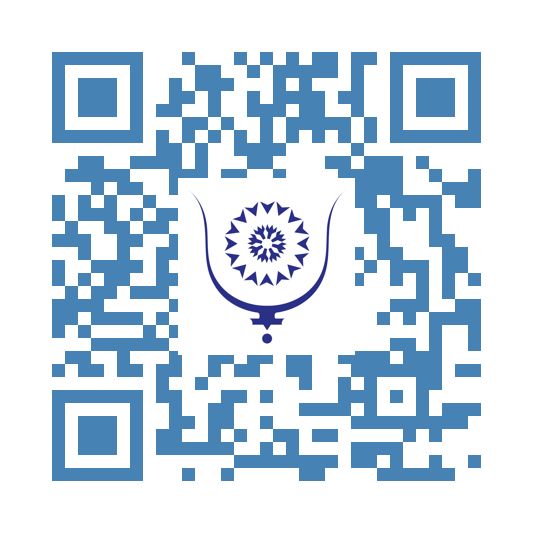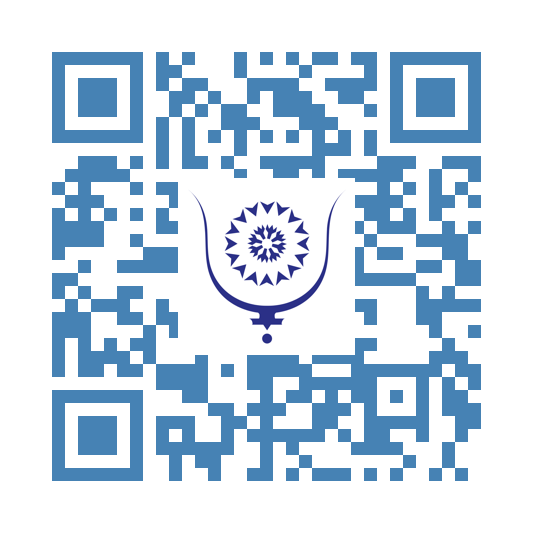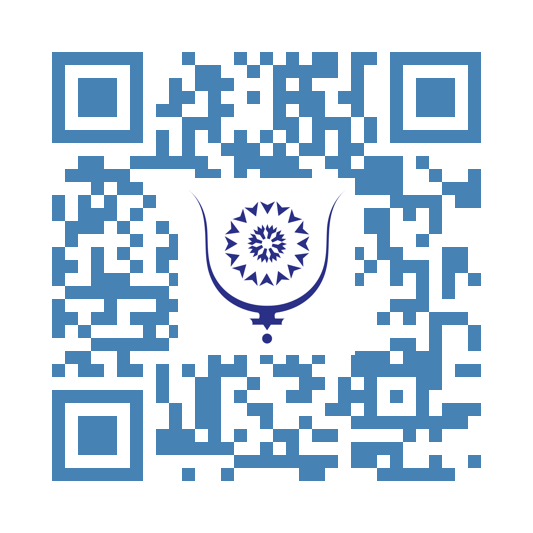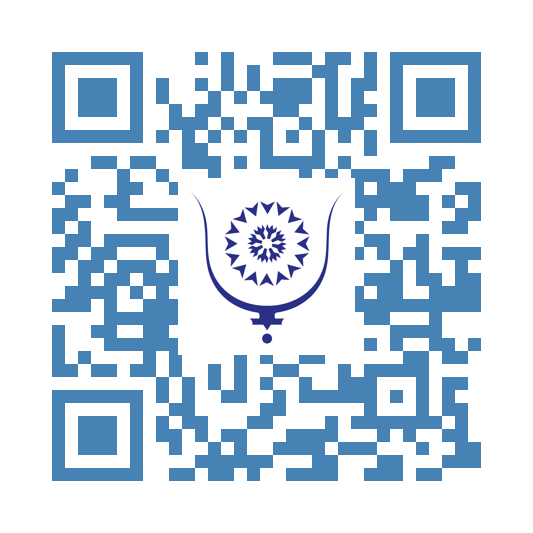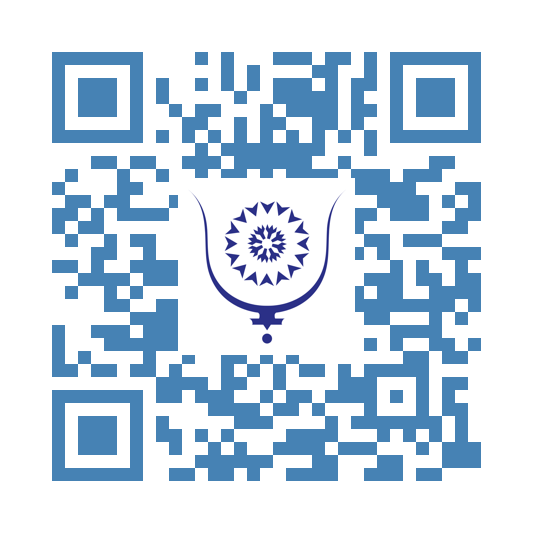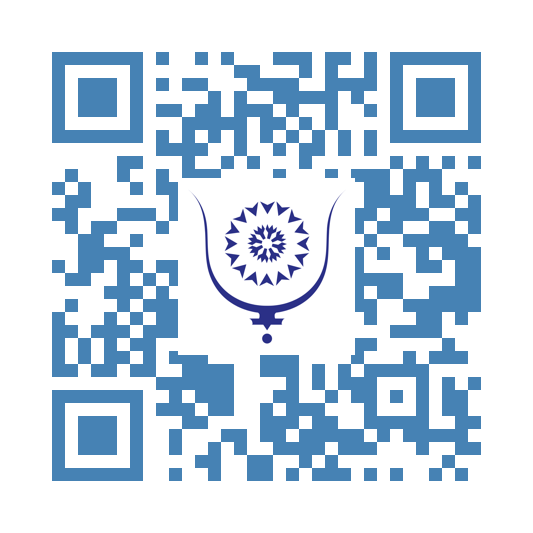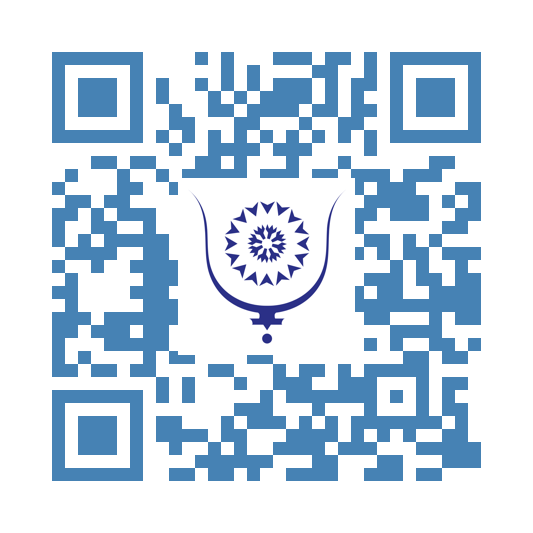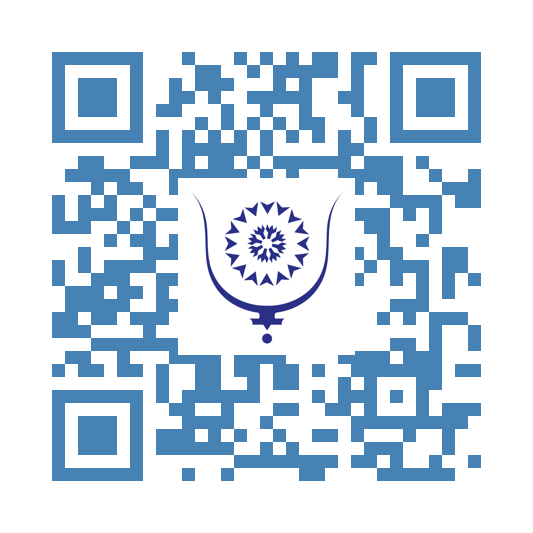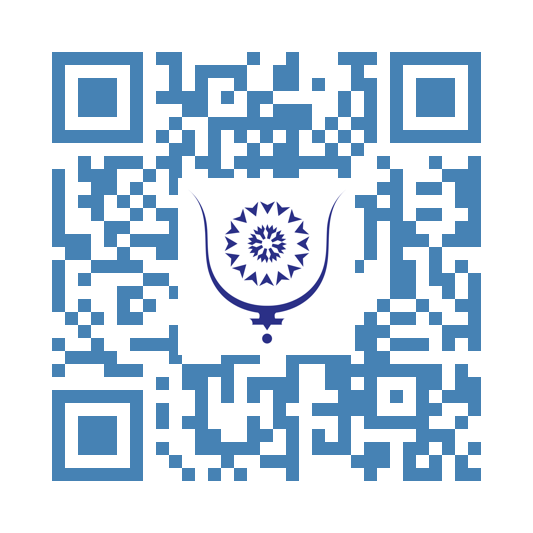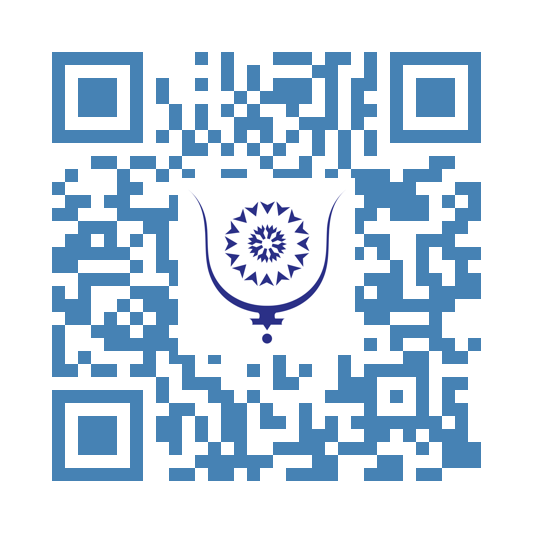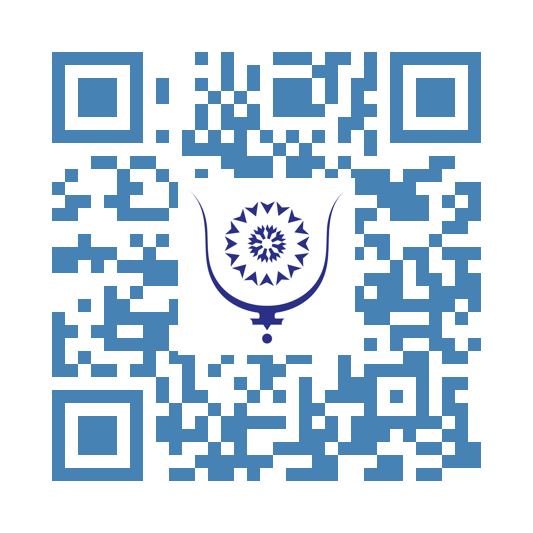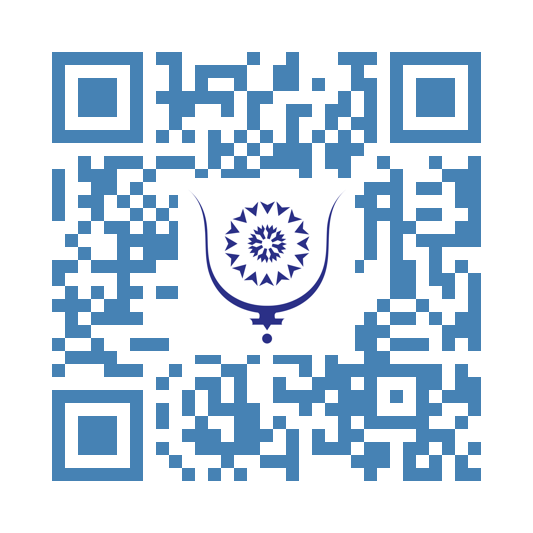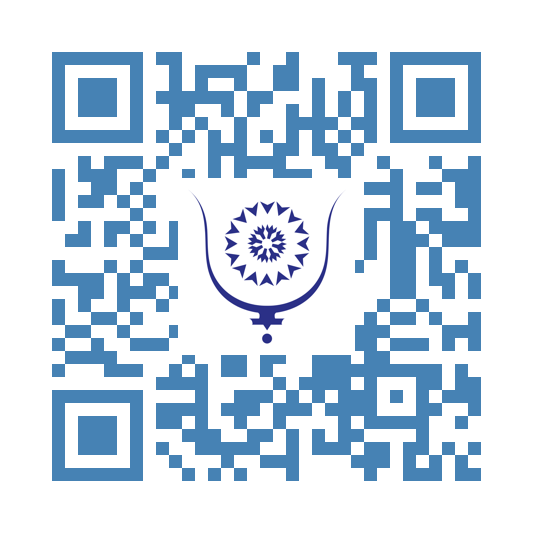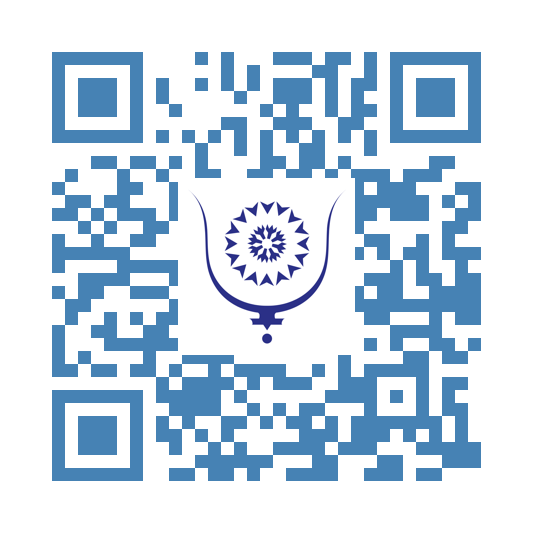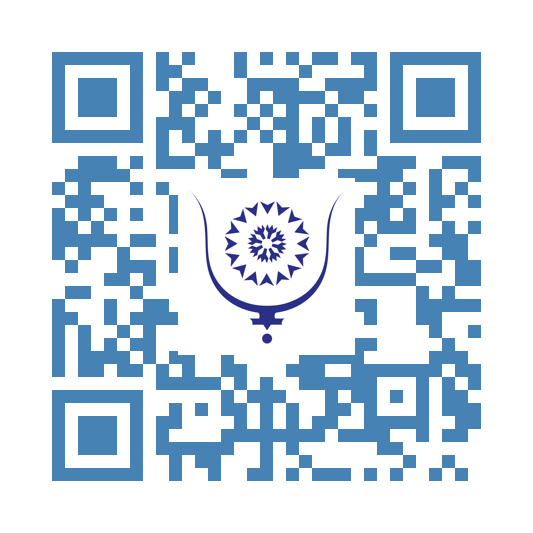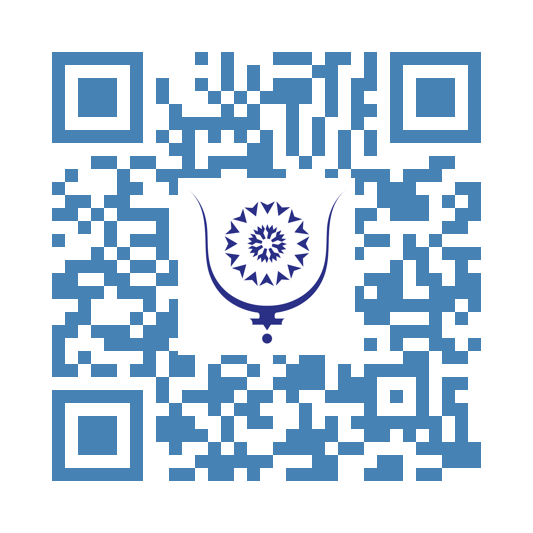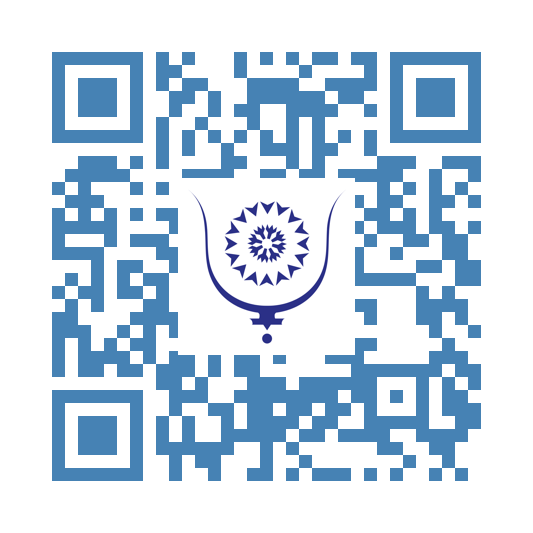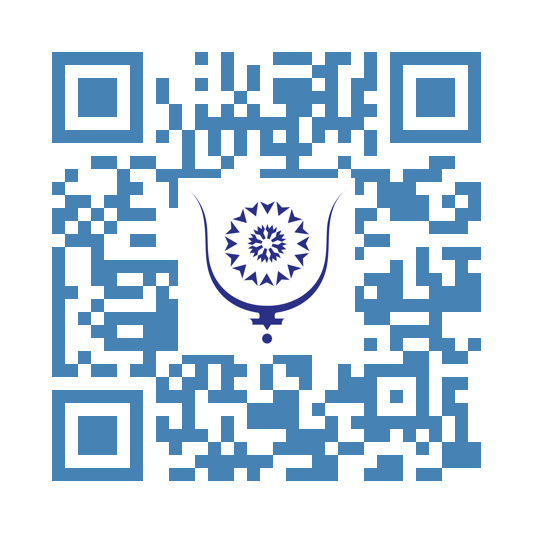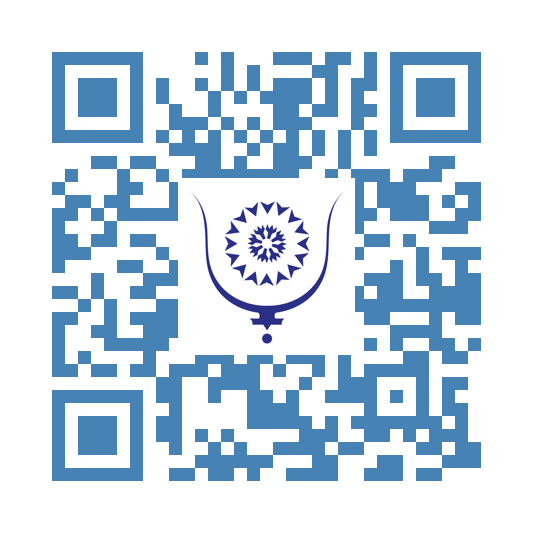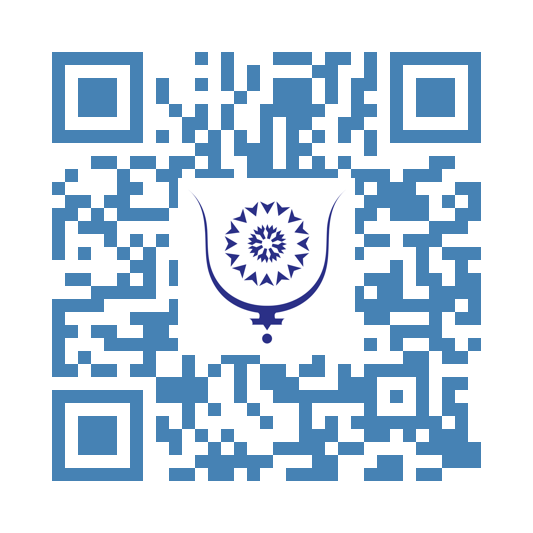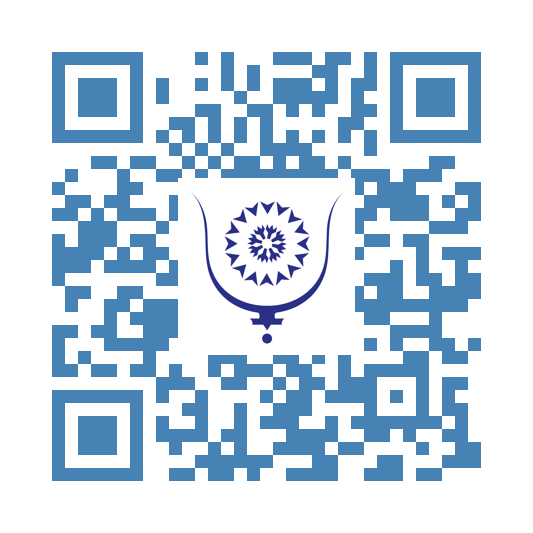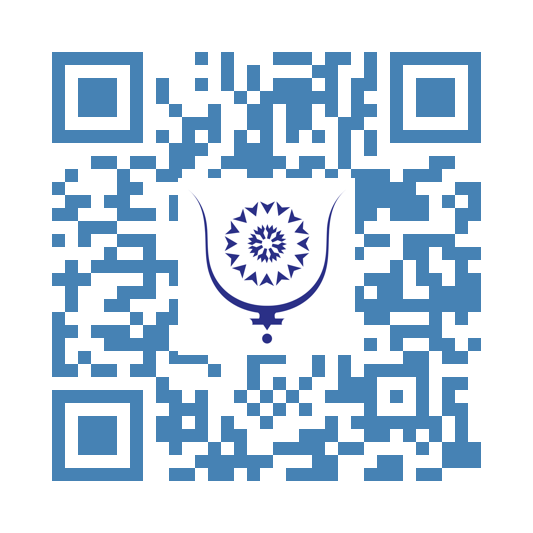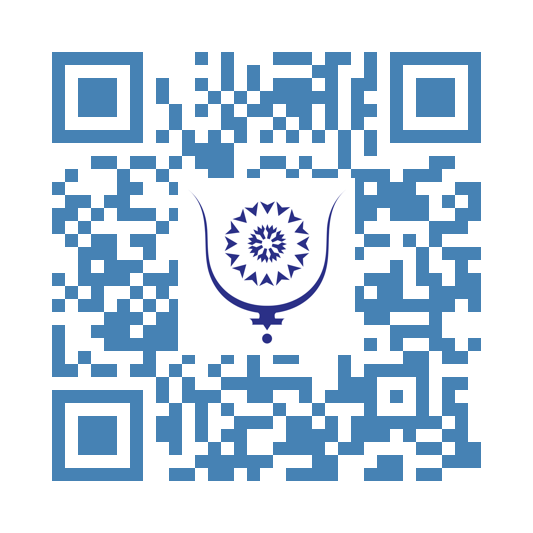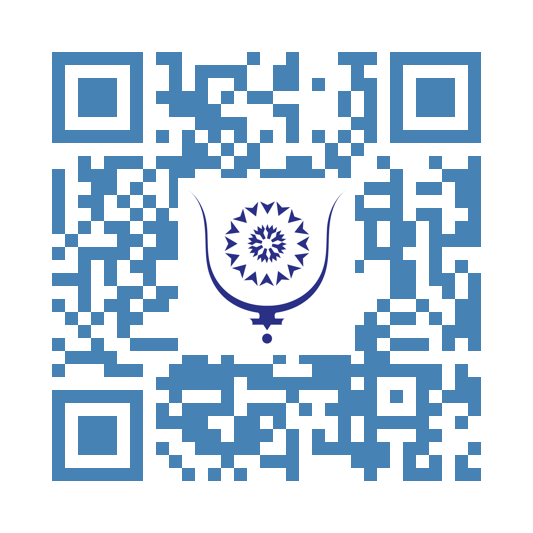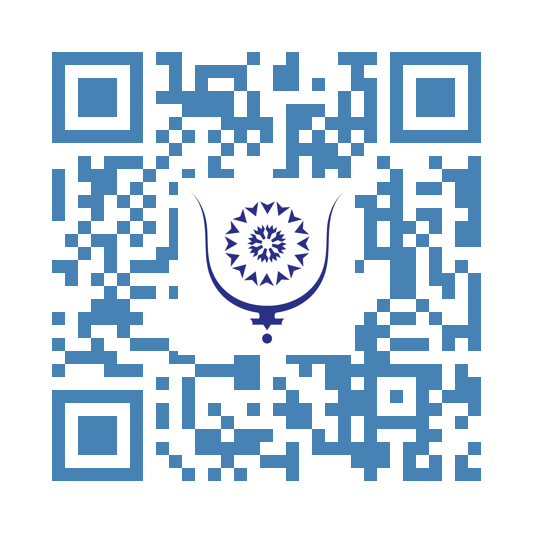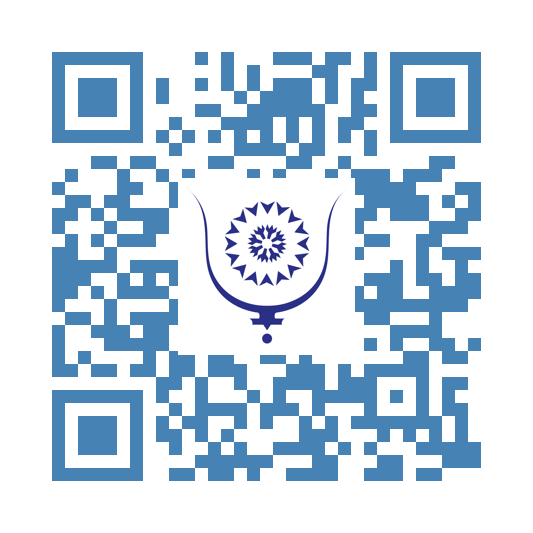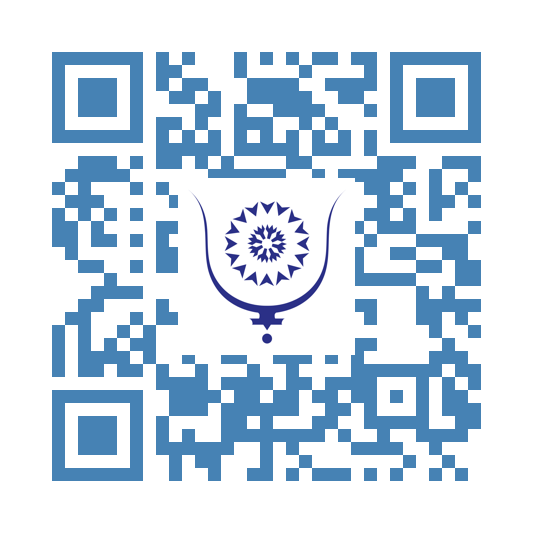La richesse archéologique incommensurable du Maroc et la réécriture de l'histoire... 3691
Le Maroc vient de décider de se doter d’un nouveau musée de l’archéologie et il voit grand ; Ce sera le plus grand du genre en Afrique, d'une superficie de 25000m2.
C’est à la fois énorme et flatteur.
Certains vont parler de démesure ou n’en verront pas simplement l’utilité. A cela il faut vite rétorquer: détrompez-vous.
Si le Maroc a toujours été considéré comme très intéressant au plan archéologique, cet intérêt n’a jamais été aussi grand sinon depuis les dernières trouvailles: celle du plus ancien fossile d’homo sapiens à Jbel Ighoud, non loin de Safi; celles des plus anciens actes et soins chirurgicaux à Tafoghalt, proche de Berkane; celles des vestiges de l’âge du bronze tout récemment mise à l’évidence du côté de Wad Laou, sur le site préhistorique dit KachKouch, pas loin de Tétouan ; celles de la nécropole au sud de Tagounite du côté de Zagora ; celles des parures datées entre 142 et 150 mille ans, mises à nues dans la grotte Bizmoune du côté d’Essaouira ; Celles de l’exploitation agricole de 12 ha du côté de Oued Beht, une dimension jamais connue en Afrique du nord, datant de la fin du Néolithique, témoignant d'une grande richesse et d'un savoir-faire très évolué.
La liste est extrêmement longue.
Penser maladroitement que les recherches et les fouilles archéologiques soient un luxe ou l’affaire de quelques experts pour leur plaisir est absolument erroné. L'importance de la recherche archéologique pour l'écriture de l'histoire n’est point discutable. Elle est fondamentale.
Les vestiges et traces du passé permettent de compléter, de corriger et ou de confirmer les récits historiques. Les fossiles, les structures, les artefacts découverts sur les sites archéologiques sont autant de témoignages tangibles, offrant une vision objective et nuancée des civilisations disparues notamment quand elles n’ont pas laissé de traces écrites.
L’archéologie renseignent sur les modes de vies, sur la culture, sur les croyances et les interactions humaines, sur les techniques utilisées et le degré d’évolution des civilisations disparues.
Elle est essentielle pour préserver et s'approprier le patrimoine national et partant celui de l’humanité. Elle permet de jalonner l’évolution humaine et permet d’expliquer ce que nous sommes aujourd’hui.
La transmission des connaissances étant capitale, la recherche archéologique permet de mettre à la disposition des générations que nous sommes et celles futures, des indices indiscutables de fierté et d’identité. Elle est ainsi incontournable pour l’écriture et la réécriture de l’histoire, qu’elle nettoie des biais que certains historiens peuvent y avoir insérés çà et là par méconnaissance ou manque d’évidence et ceux que des idéologues pour des raisons plus ou moins louables, peuvent y avoir volontairement introduits comme orientations ou aspects fallacieux.
Les trouvailles au Maroc remettent justement en cause ce que des générations successives ont appris de leur histoire et de leur origine. S’il est prouvé que Le rôle des populations locales dans les échanges et dans la construction de la civilisation méditerranéenne était fort important, on continu hélas à colporter une histoire biaisée ignorant justement ces apports et évidences archéologiques, aujourd’hui prouvés sans ambiguïté.
Depuis 1985, le Maroc s’est doté d’un Institut National des Sciences de l’archéologie et du Patrimoine (INSAP). Et ce n’est ni pour rien ni par hasard que la recherche archéologique est ici étroitement liée au patrimoine. Qui dit patrimoine dit preuves tangibles quand il s’agit de patrimoine matériel et preuves transmissibles, s'il s’agit de patrimoine immatériel. Il se trouve que le Maroc est immensément riche des deux.
Ce ne sont pas les chercheurs de l'INSAP qui vont contredire les propos ici développés ou encore Ibn Khaldoun que nous vénérons sans pour autant en respecter la doctrine.
Il est aujourd’hui fondamental de revisiter le narratif qui lie l’origine des populations marocaines à une quelconque migration venue d’ailleurs et encore moins de l’est du pays ; comme il est temps de mettre l’accent sur l’évolution de ces populations et leurs apports indéniables à la civilisation méditerranéenne et donc du monde. Les populations d’ici n’ont pas subi les civilisations de la région, ils y ont contribué amplement et largement et cela doit être enseigné dans nos écoles. Faire fi de cette vérité crée des carences notamment de perception identitaire.
Les nations ont besoin de référentiel historique pour s'épanouir. Certains se le construisent à partir de rien, alors qu’au Maroc il est là et s’impose à l'évidence. Ce sont des vérités on ne peut plus limpides. Elles doivent constituer la base de notre référentiel identitaire.
Les problèmes dont souffre une certaine frange de la population notamment les jeunes en quête d’identité et qui hélas aujourd’hui sont happés par des idéologies importées pouvant embrasser un extrémisme dangereux; ne peuvent trouver de solutions que par la mise en œuvre d’un travail de réécriture de l’histoire de façon objective, basée sur les faits et les preuves historiques, des plus lointaines au plus proches.
Les jeunes, à l’adolescence et au début de l’âge adulte notamment, se posent des questions profondes sur ce qui ils sont, ce qu’ils veulent devenir et quelle place ils occupent dans le monde. Ce questionnement, s’il est influencé par nombreux facteurs dont bien évidemment la famille, la culture, les amis, les expériences personnelles et l’environnement social, il est aussi impacté de façon incontournable par l’histoire du pays. Plus cette histoire est lointaine dans le temps, plus elle est motif de fierté et de sérénité.
Dans ce monde en constante évolution, où les réseaux sociaux et les pressions de tous genres jouent un rôle conséquent, cette quête d’identité peut être complexe et parfois source d’angoisse. Le désarroi peut aiguillonner vers un réconfort d'ailleurs. Certains peuvent aller jusqu’à penser remonter un temps imaginaire et se construire un monde romanesque, édulcoré par des idéologues servant des causes évidemment invraisemblables.
L’investissement dans un musée d’archéologie aussi important est donc venu à temps combler un déficit culturel extrêmement sérieux, réunissant en un lieu accueillant, de dimension respectable, des tas de preuves de la richesse de l’histoire du Maroc.
Les historiens eux, devraient se saisir de la question identitaire pour justement pallier les insuffisances et éliminer les biais; Certains s’y sont déjà mis ardemment de façon individuelle et militante. Il faut cependant impérativement que les institutions se saisissent vigoureusement de la question. L’Education Nationale en premier, se doit de prendre la mesure de l’importance de la révision des cursus et contenus des cours d’histoire enseignés dans nos écoles; sans omettre de former un nombre conséquent de spécialistes pour améliorer la recherche dans un domaine aussi cardinal.




